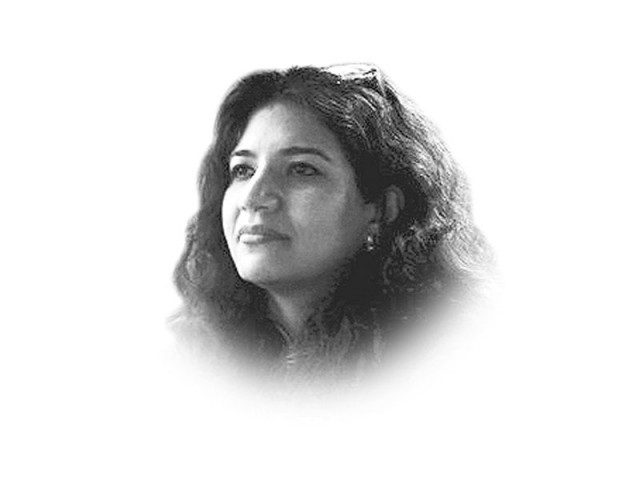Plagiarism: A symptom, not the disease
When we as a society condone plagiarism, we present ourselves as a nation that has no respect for quest of knowledge.

The writer is an artist and an educationist with an MSc in Education from the University of Oxford, UK
The most important thing first, is to understand plagiarism. Contrary to popular belief, it is not merely a petty theft that only academia make a great fuss about. Although plagiarism starts with the act of cheating, by the stealing of another’s idea, irrespective of the medium it is expressed in, it then compounds this perversity by lying and passing off the stolen idea as one’s own work. Therefore, when we as a society condone plagiarism, we not only endorse cheating, stealing and lying, but also present ourselves as a nation that has no respect for thoughts, analysis or the quest of knowledge. If we truly had a culture where learning and knowledge was valued, we would find plagiarism to be reprehensible.
Our national disregard for knowledge, research and analysis is evident in all facets of our society. Successive governments have spent only negligible amounts on education. Our intelligentsia rants and raves against these policies but does nothing concrete to bring about change. The eminent scholar, Abbas Hussain, once said that since we, as a nation, are not committed to the provision of education, we will soon produce not only unemployed, but in fact, unemployable individuals. I fear that when we condone plagiarism within the portals of our academic institutions, we are producing something infinitely more dangerous than that, namely contempt for honesty, knowledge and human learning.
True education is a transformative process. It inculcates a deep-rooted respect for knowledge generation, the desire for questioning, the need for reflection and the will to improve and grow. We must understand that the skills of literacy and numeracy in themselves, or even a professional education, do not either educate or enlighten a society. It is only the cycle of knowledge acquisition and generation that fosters humility and responsibility, and creates free individuals — individuals who are leaders, rather than followers, unshackled by ritualistic traditions, informed, secure and unafraid.
Our attitude towards knowledge reminds me of a case, which tested the wisdom of even King Solomon. Two women came to Solomon, each claiming to be the mother of a little boy. After some deliberation, Solomon called for a sword and declared that the only fair solution was to split the boy in two, so that each woman would receive half the child. Upon hearing this, the boy’s true mother cried out, “Oh Lord, give the baby to her, just don’t kill him!” The liar, on the other hand, exclaimed, “It shall be neither mine nor yours — divide it!” We in Pakistan live as though in the shadow of Solomon’s judgment — we have no qualms about abusing knowledge because we ourselves have not produced it.
Although we cannot eradicate plagiarism overnight, we can, at least, begin to take steps to address this issue that is eating away at our core. The provision of quality education and instilling in our students a genuine love of learning, will take a major shift in policies, mindsets, and at least, the next two to three generations of work. But for now, we must, at least, recognise plagiarism as a symptom of our deeper disregard for learning. Instead of being apologetic and understanding of plagiarism, we must be clear that no one may be excused from its ethical and legal ramifications, irrespective of his pleas of ignorance or his stature.
Published in The Express Tribune, February 14th, 2014.
Like Opinion & Editorial on Facebook, follow @ETOpEd on Twitter to receive all updates on all our daily pieces.















COMMENTS
Comments are moderated and generally will be posted if they are on-topic and not abusive.
For more information, please see our Comments FAQ